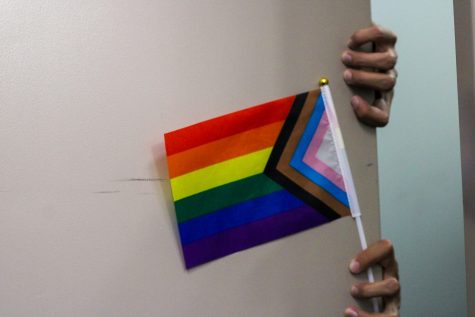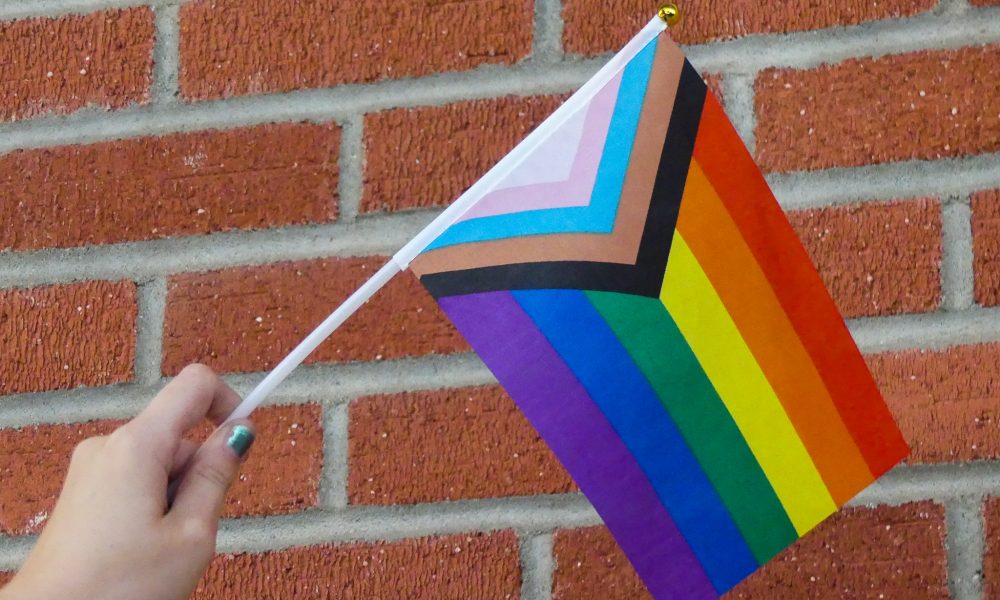Coming out can be a pivotal moment in someone’s life. While the idea of “coming out” has been a celebrated experience in the LGBTQ+ community, there is a debate centered around the practice of heteronormativity.
“Coming out” refers to the term “coming out of the closet,” a phrase that dates back to the early 20th century. Originally, the term was not in reference to homosexuality, but rather a woman coming out into the dating world. Over time, the phrase was adopted into LGBTQ+ vernacular and used to describe coming out to other queer people.

While the practice is usually meant to be celebratory, it implies that heterosexuality is the social norm, and “coming out” as anything from heterosexual is deviant. While it is a radical idea, some choose not to disclose their sexuality and live as if it is a part of the standard.
As rainbow capitalism has become more mainstream, the mainstream continues to show its weak allyship by supporting anti-progressive practices such as “coming out.”
It calls into question the truly radical idea of being queer, and how practices in the community have evolved into something for everyone, alienating the original members of the movement.
“Coming out” isn’t just about expressing that you are different, it’s about asking for validation from the people around you. There is always a 50-50 chance that others will support you and your “decision.”
However, queerness is not a decision. One does not get to choose whether they are queer or not; it is a matter of internal acceptance.
In order to make any progress in acceptance, compliance cannot be an option. “If it’s for somebody else’s comfort, then where’s your comfort?” Leo Hernandez said, a third-year student at CSULB.
“Coming out” has lost its original meaning and has evolved into a practice that hinders one’s self-expression. Someone should be able to speak about their relationships without a single eye batting, just as if they were heterosexual.
Forcing someone “out” is another issue that is perpetuated by the practice. Someone may keep their sexuality or gender identity a secret for a number of reasons, but assuming someone is heterosexual by default is not the answer to the issue.
Forcing someone to “come out” should not happen at all, especially because it reinforces the idea of heteronormativity. Sexuality isn’t anyone’s business, and that includes whether someone is heterosexual or not.
“Not everyone needs to be out and open to everyone,” Scott Garrenton said, a first-year student at CSULB. “Does it feel better? Yes, but it depends on an individually-based decision.”
With this argument in mind, there is validity to those who choose to reclaim their sexuality or gender identity by “coming out.” For some, it is a way to take back the power of the oppression they may have faced as a “closeted” person.
Proudly expressing that you are queer is still frowned upon in society, whether corporations showcase a rainbow or not. Until we can critically analyze socially acceptable LGBTQ+ practices to find the flaws, there will be institutional issues.




